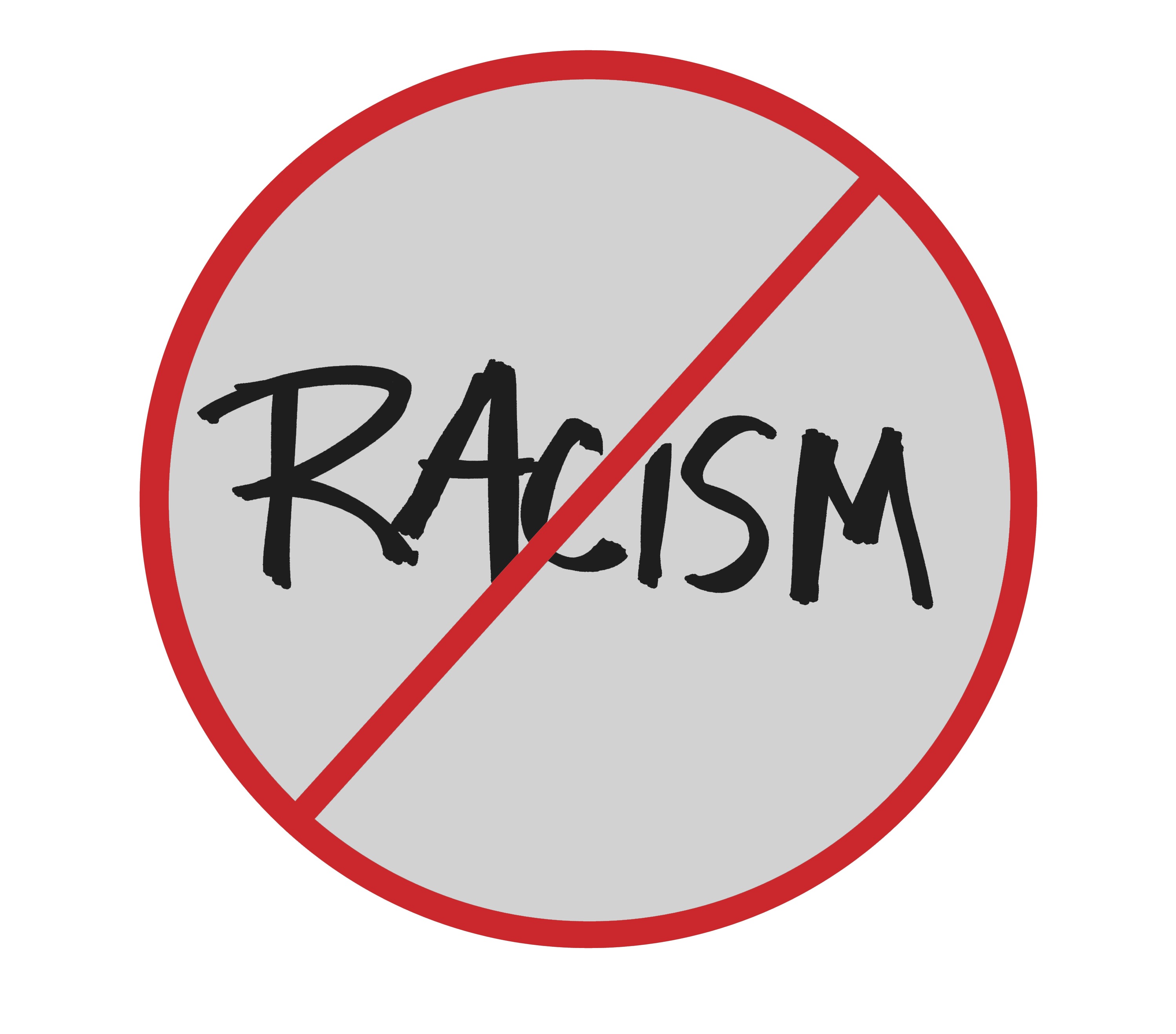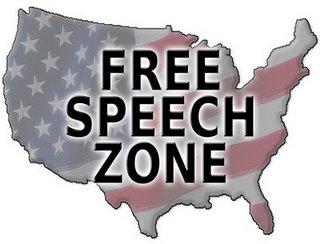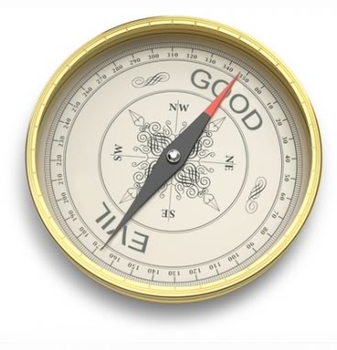Racism- It Becomes Too Common
Racism Has Become Numbing Racism-We are getting immune to it. We watch the nightly news and it is like a fill-in the blanks. I am sure almost everyone saw the video of the deputy dragging a black female from her desk and then subsequently throwing her to the ground. Were you shocked or were you…








